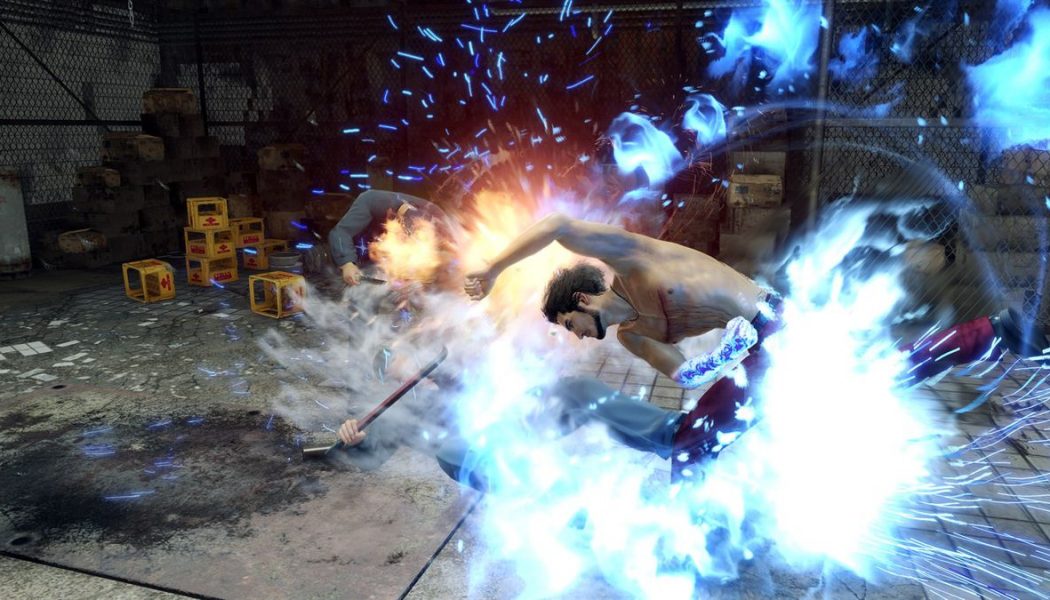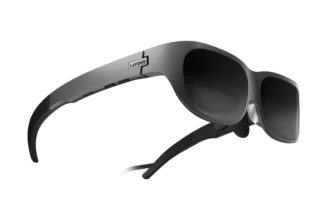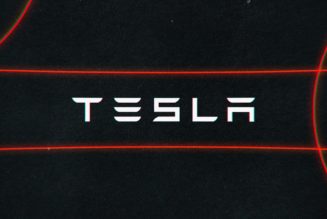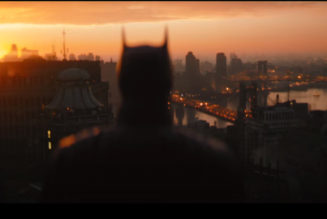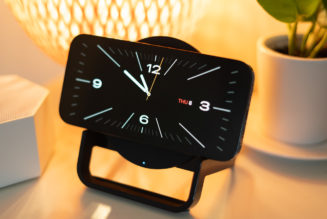A graphically pedestrian Japanese roleplaying game is perhaps not what many Xbox Series X owners were hoping for as their premier next-generation-exclusive launch title, but here we are with Yakuza: Like a Dragon. While it might not be much of a technical workout for Microsoft’s most powerful console, it’s a revolution for the series and, by some distance, the most substantial console exclusive in the Series X and S launch lineup.
This is the eighth mainline Yakuza game, with Sega presumably ditching the series numbering in an attempt to gain a wider audience. (It’s still called Ryu ga Gotoku 7 in Japan, “Like a Dragon” being a direct translation of the Yakuza series’s Japanese name.) This game is a canonical sequel, with occasional recurring characters and references that fans will appreciate, but I wouldn’t worry about playing the previous seven if you don’t have the time.
That’s because Like a Dragon has an all-new cast, a different setting, and a radically altered gameplay style to its predecessors. 2018’s excellent Yakuza 6 served as a farewell to original protagonist Kazuma Kiryu, one of the most iconoclastic characters ever to grace a video game, and as promised, Like a Dragon replaces him with a new lead.
[embedded content]
Where Kiryu was stoic and brooding, Ichiban Kasuga is wild and extroverted. He’ll perform pranks, tell dad jokes, and barge into situations with the subtlety of a puppy. But both men share a history of tragedy and sacrifice and are bound by a strong sense of integrity. I found Kasuga to be a hugely likable main character in my time with the game, and in some ways, he feels like a better fit for Yakuza’s oddball mix of goofball humor and sincerity.
Much of the supporting cast is less agreeable but no less entertaining. Like a Dragon spins a typical Yakuza story of wrongful imprisonment and betrayal, with Kasuga finding himself homeless in Yokohama after spending 18 years behind bars to take the hit for a colleague. Things have changed in the yakuza world since he was away, and he’s forced to ally with various characters from Yokohama’s underbelly in an attempt to not only survive, but become a “hero.”
That last objective is because Kasuga turns out to be a huge RPG nerd, frequently referencing Dragon Quest as an inspiration. That’s a theme carried over to the core action of Like a Dragon itself, which moves from real-time brawler combat to turn-based JRPG-style battles where you select commands from a menu.
This isn’t as huge a change as you might think. The Yakuza games have always essentially been JRPGs with a more hands-on approach to combat, and there isn’t much structurally different about Like a Dragon. You’re still exploring a fairly small but densely detailed area, moving from quest to cutscene to quest at your leisure. In fact, the biggest change is that Like a Dragon’s take on Yokohama is far bigger than previous series locations, so you’re spending a lot more time on foot. That gives you all the more opportunity to get distracted by an arcade and step in for a few rounds of Virtua Fighter 2 or OutRun.
:no_upscale()/cdn.vox-cdn.com/uploads/chorus_asset/file/22026067/apps.32669.14427542363794747.182f58ca_3a24_4a65_93bd_cdd320a35776.62f8350b_e46c_4862_b8bc_7f9cf970fbea.jpeg)
The actual combat system isn’t particularly deep, though you could say the same for most other Yakuza games. The shift to turn-based action does enable some truly outlandish moves, especially when you start experimenting with the game’s job system. Kasuga’s homeless drifter buddy Nanba, for example, starts out being able to attack enemies with pigeons by throwing seeds at them. But now that I’ve given him a job as a musician, he has a devastating attack involving “physically releasing” a CD in his opponents’ direction.
But there isn’t much gained in terms of tactical scope. While your characters all move around the battlefield automatically, positioning only really comes into play when you try to attack a far-off enemy and another one gets in the way first. Characters often get themselves stuck behind scenery, which can be frustrating when you want to target a specific opponent but have no obvious way to do so. You can use environmental attacks when they’re in range — attacking enemies with a bicycle is a time-honored Yakuza tradition — but it’s not as easy to do so as in the past.
I don’t really have an inherent preference for real-time or turn-based combat, and Like a Dragon switching to the latter doesn’t change the game up too much in the end. I wouldn’t call it a clear improvement, but it’s not a regression either. Overall, I appreciate the attempt to provide a more novel spin on the classic Yakuza experience.
:no_upscale()/cdn.vox-cdn.com/uploads/chorus_asset/file/22026068/apps.2041.14427542363794747.182f58ca_3a24_4a65_93bd_cdd320a35776.16bb0124_82bf_425e_99e3_ec2d49837165.jpeg)
It’s fair to say that Like a Dragon is not a technical showcase. It came out on the PS4 in Japan almost a year ago, and it’s only now making its way to the West. That means even if you’re playing it on the Series X today, it’s firmly rooted in the prior generation — even more so than cross-gen games like Assassin’s Creed Valhalla or Watch Dogs: Legion that are also available at launch. (That’s not uncommon for the series: Yakuza 0 was a Japan-only PS3 game before a PS4 version found success in the West nearly two years later.) The Yakuza series still has great facial animation and acting performances, the in-engine cutscenes are well-directed, and the cities are rendered in often-impressive detail. But this is not the place to come for next-generation graphical technology.
Like a Dragon does, however, benefit greatly from its status as an Xbox Play Anywhere title. I started playing it on my Xbox One X last week, installed it on my PC a few days later (TL;DR review: it supports ultrawide resolutions and has a splash screen saying “REAL YAKUZA USE A GAMEPAD”), and now it’s on the Series X that got delivered to me this morning.
The Series X version has the option for a 4K / 30fps mode, but by default, it runs at 1440p / 60fps, which I think is the best option. While it looks essentially identical to what I was playing on the One X, it runs twice as smooth, which is a welcome upgrade. The game also has a lot of interstitial loading screens on the One X, which the Series X speeds up to the point where they’re insignificant.
Like a Dragon might not be what you’d expect from a next-generation launch title, but then the Xbox Series X isn’t always what you’d expect from a next-generation console. While the hardware power isn’t in doubt, at this point, it serves more as a performance boost than a paradigm shift. From that point of view, Like a Dragon is a great game to have available on day one. It’s a fresh take on the Yakuza series, it’ll keep you occupied for a long time, and it runs better than ever before.
Yakuza: Like a Dragon is out today on Xbox, Windows, Steam, and PS4. A PS5 version will be available on March 2nd, 2021.
